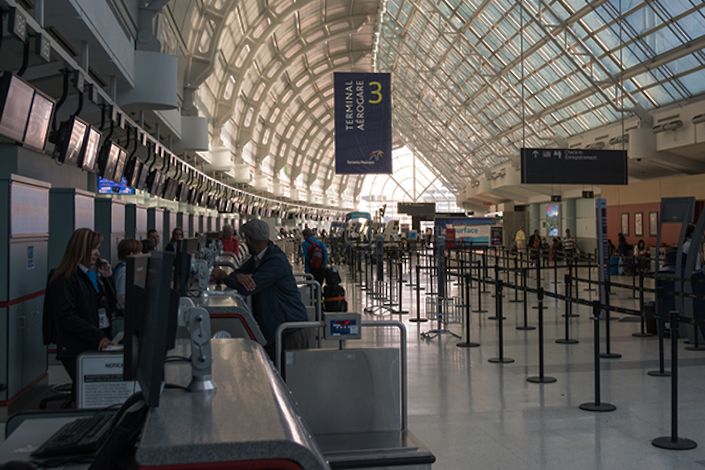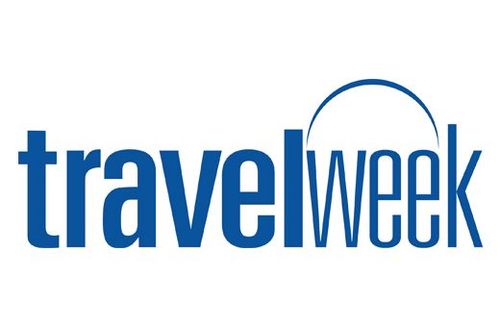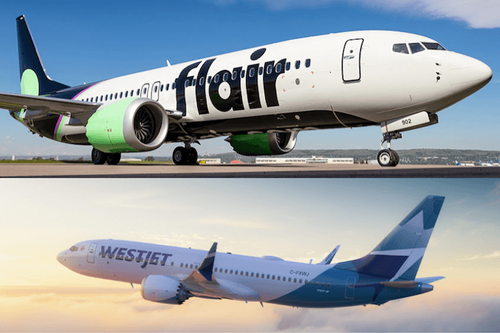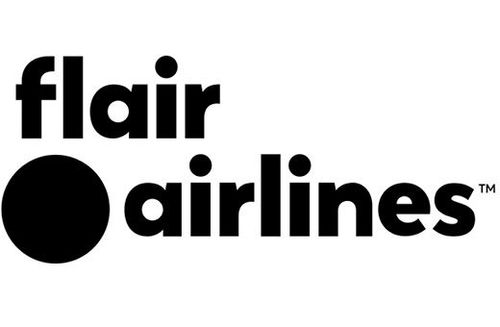Where travel agents earn, learn and save!
News / Major reforms to air passenger rights needed, says House committee report
A parliamentary committee has recommended sweeping changes to Canada’s air passenger rights framework, including tougher enforcement and compensation rules around flight delays

A parliamentary committee has recommended sweeping changes to Canada’s air passenger rights framework, including tougher enforcement and compensation rules around flight delays.
The report comes after chaotic travel seasons over the summer and winter holidays brought on by soaring demand, labour shortages and poor weather.
Its 21 recommendations include bigger monetary penalties for airlines, smoother processing of compensation claims and automatic payout offers for customers after significant flight disruptions or denial of boarding.
It further suggests putting the burden of proof on airlines to show why compensation should not be awarded, and placing the cost of resolving claims to the regulator on the carriers’ shoulders. If the Canadian Transportation Agency (CTA) determines a customer’s rights have been violated, all passengers on the same flight should be informed and offered refunds or compensation, the reportstates.
The committee also suggests the federal government consider harmonizing its compensation rules with European regulations even when delays are for safety purposes _ a payout exemption the European Union does not allow, but often relied on by Canadian carriers, advocates say.
Thee passenger complaints backlog at the Canadian Transportation Agency sat just below 45,000 as of Tuesday April 18th, more than triple the tally from a year ago.
The ballooning backlog means each case now needs more than a year and a half to handle, spurring the committee to recommend a review of the CTA as the enforcer. It pointed to potential complaint agency models such as those for telecommunications, television and banking.
Nadine Ramadan, spokeswoman for Transport Minister Omar Alghabra, said the government will review the recommendations in the coming weeks.
“Many of the recommendations provided by the committee closely align with the work our government has been doing to make the changes necessary to our passenger rights regime,” she said in an email.
Alghabra has pledged to strengthen the four-year-old passenger rights charter with legislation to be tabled this spring, already promising several of the measures recommended in the report.
He told reporters last month he would close the loophole that allows airlines to deny customers compensation for cancelled flights. The comment came at a press conference where he promised an additional $75.9 million over three years to reduce the complaints backlog.
Gabor Lukacs, president of the Air Passenger Rights advocacy group, called the House of Commons committee report “very strong.”
“A lot of thought has gone into this,” he said.
On top of enforcement issues, Lukacs highlighted the loophole through which carriers can reject compensation claims after a three-hour-plus flight delay by citing “reasons related to safety” as inscribed in the Air Passenger Protection Regulations _ as a key target of the report.
WestJet CEO Alexis von Hoensbroech said last week the company is asking Ottawa to allow airlines to recover passenger compensation costs from other industry partners, if it believes they played a role in causing flight delays or disruptions.
In a speech at a Calgary Chamber of Commerce event, he said while he supports the passenger rights charter rolled out in 2019, airlines don’t operate in a vacuum.
“There’s airports, there’s navigation, there’s security, there’s border control, there’s ground handlers,” von Hoensbroech told reporters, adding that none of these parties are subject to the existing passenger protection rules the way airlines are.
“Whatever happens, it’s always the airline, and the airline basically becomes the insurance company for the entire industry.”
The transport minister rejected this argument. “When a passenger purchases a ticket for air travel, that is a transaction between a passenger and the airline, and it is the airline’s responsibility toensure they uphold their obligations to passengers,” spokeswoman Nadine Ramadan said.
In the budget tabled by the Liberals last month, the federal government proposed a new rule requiring airlines and airports to share and report data as a way to cut delays and bolster co-ordination within the industry.
The budget further allows the transport minister to impose a charge on carriers to help cover the costs of resolving passenger complaints. In theory, the measure would incentivize carriers to brush up their service and thus reduce grievances against them.
Both measures were among the recommendations put forward by the transport committee Tuesday.
Sylvie De Bellefeuille, a lawyer with the advocacy group Option consommateurs, said she was “very happy” with the report, stating that the committee recognizes the problems faced by passengers.
“Their recommendations are in order to modify the regulations so that passengers will be better protected,” she said in a phone interview.
Lukacs questioned whether the complaint agencies cited by the committee as models _ the Commission for Complaints for Telecom-television Services and the Ombudsman for Banking Services and Investments were appropriate to the aviation industry, saying they were less applicable to “evidence-intensive” situations.
A dearth of fines speaks to the agency’s incapacity or disregard for enforcement, advocates claim, with the committee noting it employed just six compliance officers as of mid-January.
The total fines issued against airlines and airports reached $725,380 in 2022-23, up from $253,975 in 2021-22 and $54,500 in 2020-21, according to the regulator’s website. However, the most recent figure amounts to a fraction of annual airline sales _ less than 0.04 per cent of Air Canada’s $16.56-billion revenue last year, for example.










